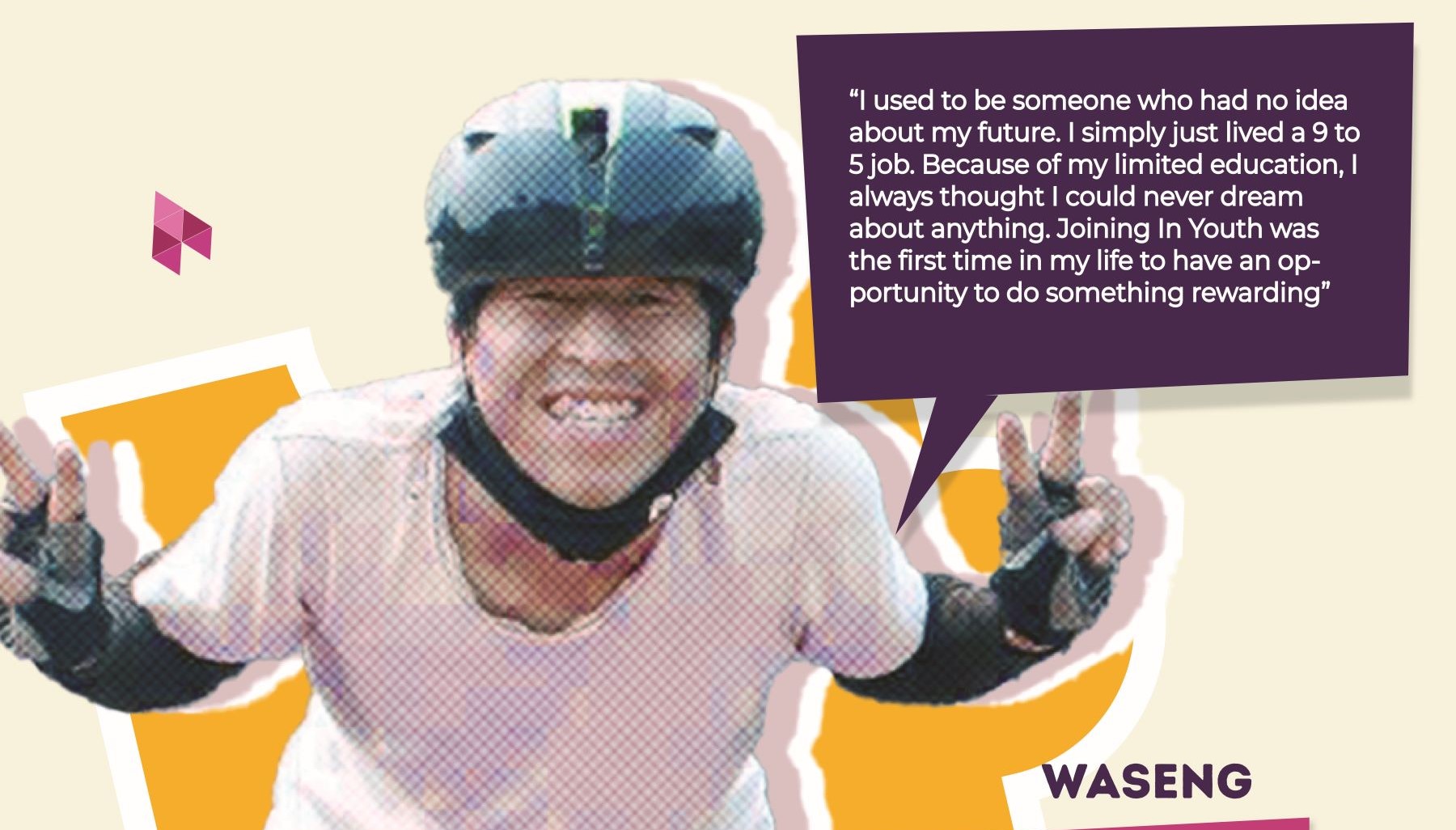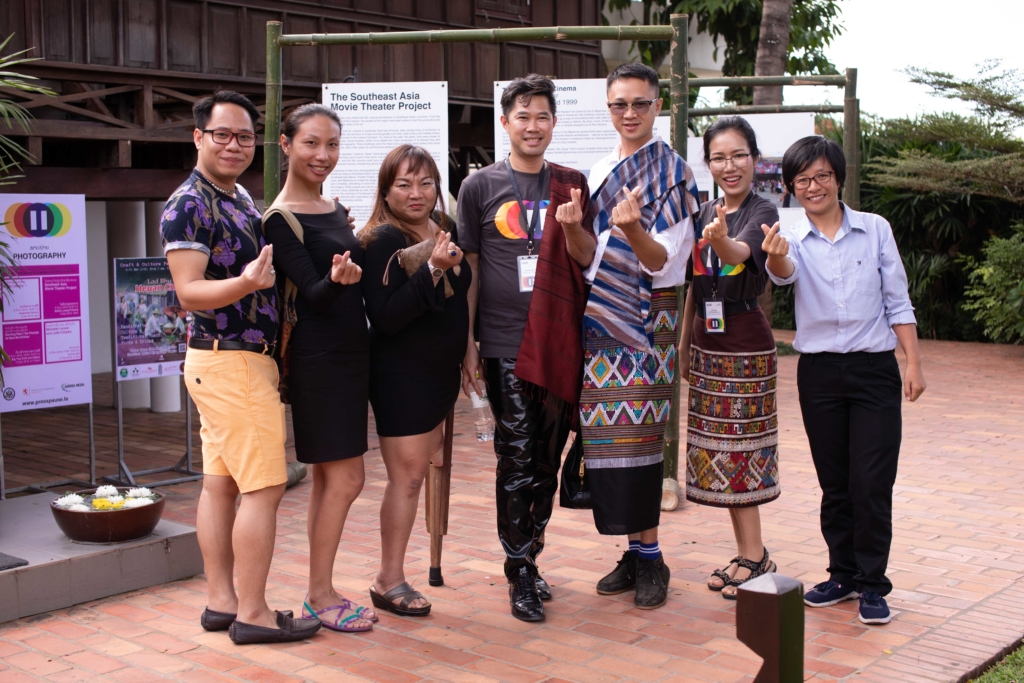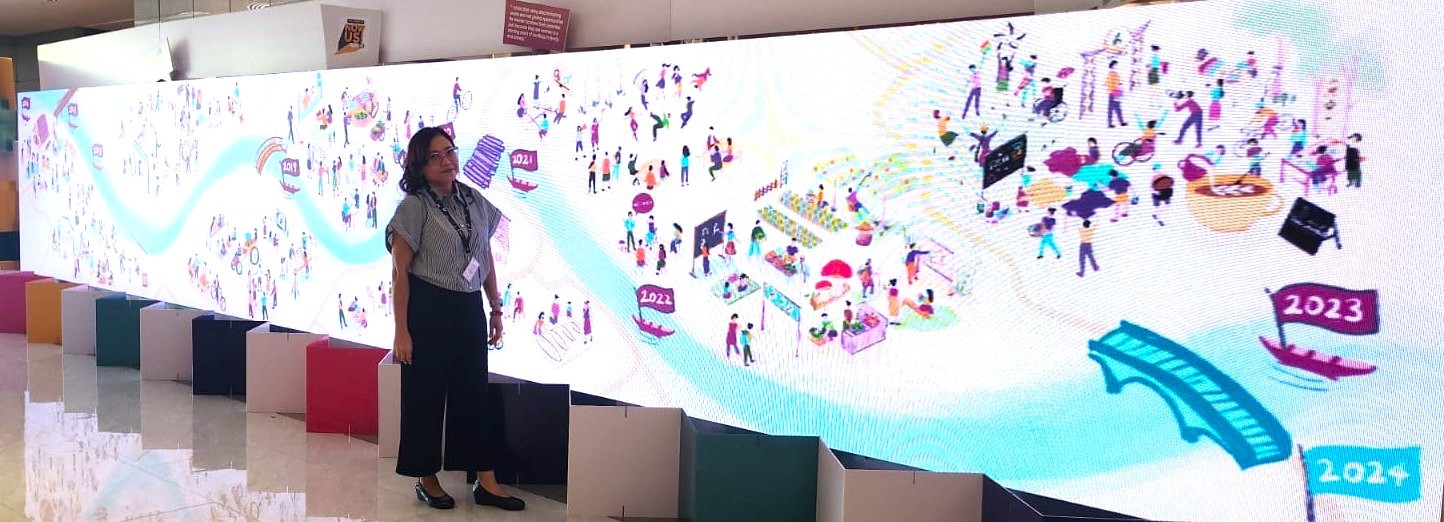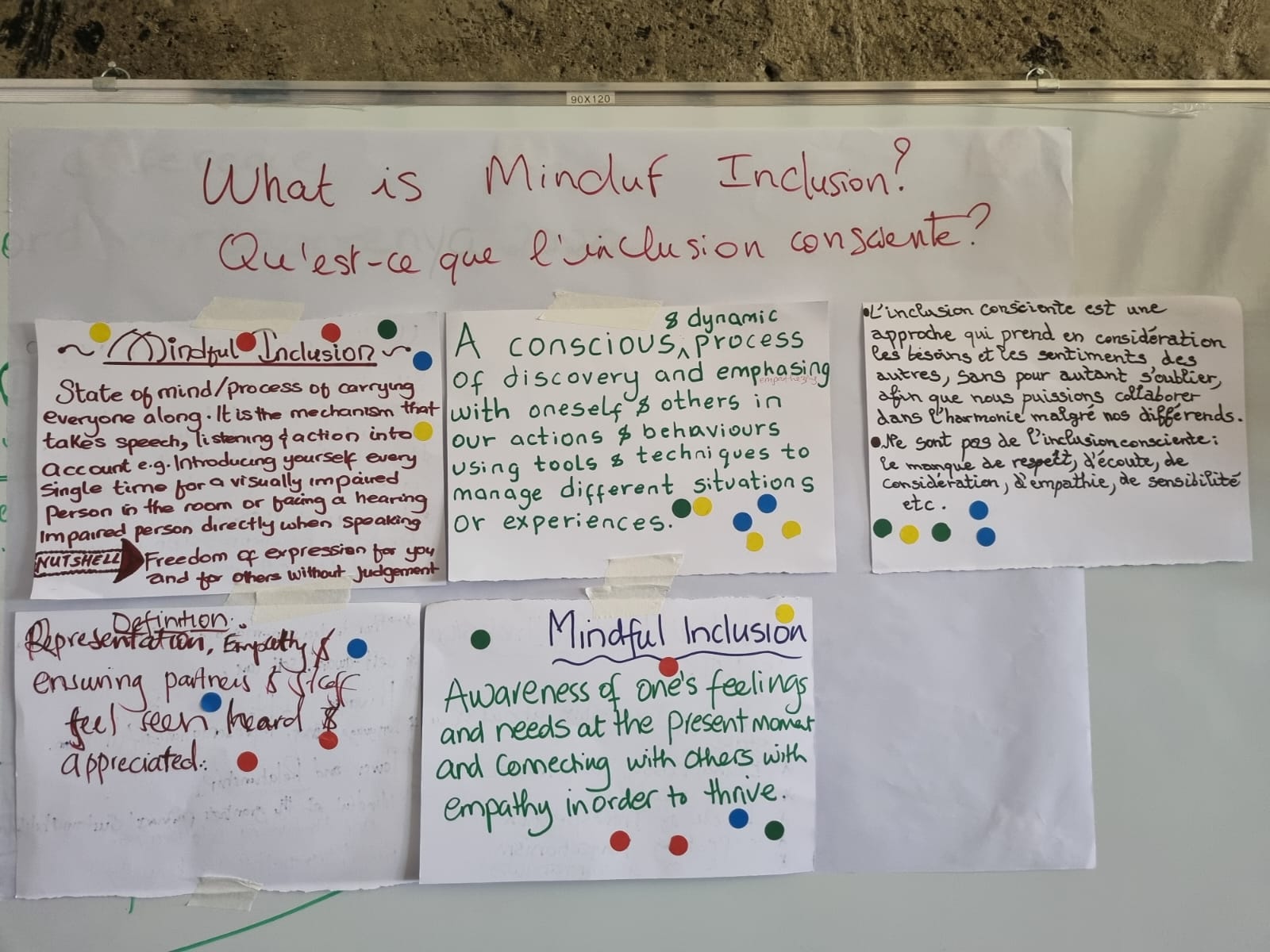Amplifying the dreams of Hmong divorcees and widows
By Boualaphan Phonesavanh, Linking, Learning and Amplifier Officer, Voice Laos
“I genuinely hope that my family would welcome us again,” one of the Hmong widows and single mothers expressed during the conversation-based reporting between the Voice Laos team and the Association of Mutual Assistance (AMA) on the project of “Empowerment of Gender Equality for Hmong Divorcees and Widows (Single Moms)” in Luang Prabang city.
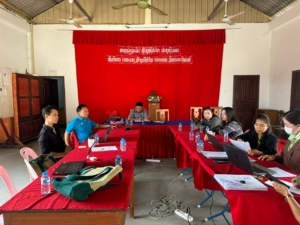
The idea that men would automatically hold positions of leadership and inherit their families’ wealth while women are undervalued is deeply established in the Hmong culture. One obvious example is that, within the Hmong’s marriage, women are not allowed to return to their families — only short get-togethers are allowed. This situation gets even worse when it comes to divorced women with children.
Not everyone is fortunate in married life. Even worse for us Hmong women is when we divorce and find ourselves without a place to call home, a place that embraces us. We are no longer regarded as members of the family, and we are neither entitled to speak for ourselves nor to inherit. We are not permitted to go back home when we fall ill, give birth, or even pass away,” shared Vyso Yang.
It is also common that Hmong parents discourage their daughters from attending school, thinking that they eventually leave home to live with their husband’s families. Some believe it is then unnecessary for their daughters to gain knowledge and skills that could help them economically. In the long run, Hmong women are unable to obtain suitable jobs because of a lack of qualifications. For those who no longer have partners and are striving to work, some are exploited by employers, while some are persuaded to do illegal work to make ends meet.
However, there is still a strong hope to narrow the gender gap in the community. To do this, community members’—particularly the clan leaders’—attitudes and behaviours must be significantly shifted. Yang stressed that if the clan leaders consider changing their perspectives to allow divorcees and widows to be able to return to their families, it would mark a milestone for change. Their situation also taught them to always look for the silver lining. While longing for change in the community, divorcees and widows gather as small groups in the community to support each other. When an individual falls ill and/or needs further support, the members of the group will always be there to lend a hand. They regularly meet up to exchange experiences they have encountered and overcome and to spread information and opportunities that will allow them to achieve their goals. They would like to be the voice for many women experiencing the same situation, not to lose hope and to always look through the lens that women can and will succeed in all facets of life.
Vyso Yang added, “We constantly hope that things will become better for us and that our problems will be resolved in the future. The time will be when we are treated equally, along with women all around the world. May our movement’s future accomplishments serve as an inspiration to those experiencing similar challenges never to stop seeking out positive change.”
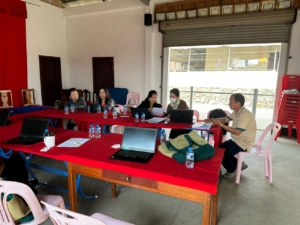
In parallel with the movement of Hmong divorcees and widows on economic empowerment, the AMA believes that the process of change can be escalated. According to AMA Director Chipseng Thor, there have been subtle changes in the community, such as the fact that women are more encouraged to enrol in school and have leadership roles inside the organisation. To the best of their abilities, they hope to accelerate the improvement by supporting the empowerment of the Hmong community towards advancing gender equality, improving living conditions, and raising awareness about their rights.
“Our mission is not to eliminate the long-held beliefs that have been passed down for so long; rather, we would like to make a change in the attitudes of the community, for them to believe that women can also contribute to societal development. We aim to gradually eradicate such hardships to enable Hmong women to receive adequate support and to increase awareness in the Hmong community towards gender equality and equity that is in line with the global context,” Thor further shared.
The story of Yang and her fellow community members indicates that people experience problems within different contexts and needs. So aside from providing equal opportunities to all, we must always realise that equity is something not to be missed. People start from different places, and inclusion and belonging require equitable action. Hence, for Women’s Month this 2023, let’s all fully #EmbraceEquity and put an end to prejudice in all its forms because an equal future only exists if we #LeaveNoOneBehind!

